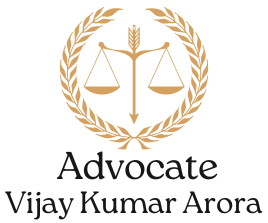Sexual harassment remains a pervasive issue in workplaces and other settings, often leaving victims feeling helpless and marginalized. In this blog, we explore the legal options available to survivors of sexual harassment, empowering them to seek justice and hold perpetrators accountable for their actions.
Defining Sexual Harassment: We begin by defining sexual harassment and examining its various forms, including verbal, physical andonline harassment. By clarifying what constitutes sexual harassment under the law, readers gain a better understanding of their rights and protections.
Legal Protections Against Sexual Harassment: We discuss federal and state laws that prohibit sexual harassment in the workplace and beyond, highlighting key provisions and enforcement mechanisms. Additionally, we explore employer responsibilities in preventing and addressing sexual harassment, emphasizing the importance of creating safe and inclusive work environments.
The Role of a Sexual Harassment Lawyer: A sexual harassment lawyer plays a crucial role in advocating for survivors' rights and seeking legal remedies on their behalf. We outline the services provided by sexual harassment lawyers, including legal counseling, filing complaints with relevant authorities andpursuing civil litigation.
Steps for Survivors: For survivors of sexual harassment, taking action can be empowering but also daunting. We offer practical steps for survivors to consider, such as documenting incidents, reporting to HR or regulatory agencies and seeking support from advocacy organizations.
Case Studies: Real-life case studies illustrate successful legal actions taken by survivors of sexual harassment, demonstrating the effectiveness of legal interventions in achieving justice and accountability.
Conclusion: By understanding their legal options and seeking support from experienced legal professionals, survivors of sexual harassment can assert their rights, reclaim their dignity andcontribute to creating safer and more respectful communities.

.jpg)